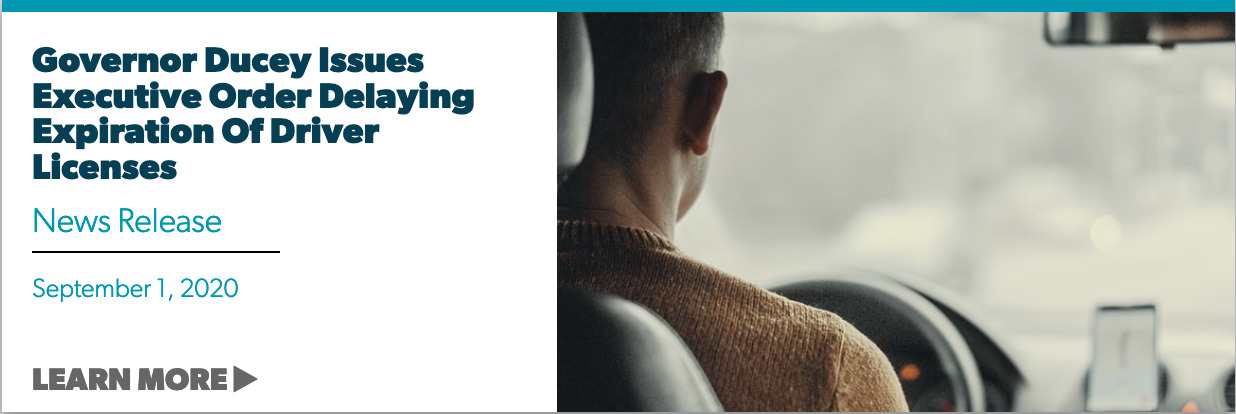
Scopelitis Transportation Law Alert – Trucking Industry Scores Big Win In Oregon
Earlier this week the Oregon Court of Appeals issued a series of opinions in four cases addressing two hot-button topics for motor carriers with operations in Oregon: (1) the independent-contractor status of owner-operators; and (2) the applicability of Oregon’s statutory exemption from unemployment taxation for owner-operators. All four opinions are favorable for the industry, which is welcomed news for Oregon-based fleets that have been caught in the crosshairs of the Oregon Employment Department’s extremely active effort to reclassify owner-operators as employees.
In the first three cases (available via PDF A158021, A153545, and A15159), the Court rejected the Employment Department’s narrow interpretation of the state’s statutory exemption from unemployment taxation for for-hire motor carriers. That exemption generally excludes owner-operators who lease their equipment and services to motor carriers from coverage under Oregon’s unemployment tax laws. For years, the Employment Department has refused to apply the exemption by narrowly construing the term “lease,” as used in the statute, and by imposing requirements not found in the statutory text. In these three cases the Court held that the agreements in place between the owner-operators and the motor carriers were, in fact, “leases” as that term is used in the statute and, therefore, the exemption applies and precludes the Employment Department from collecting unemployment tax from the carriers based on payments made to their owner-operators.
In the fourth case (available via PDF A157773), the Court held that the owner-operators who entered into agreements with a motor carrier in Oregon were properly classified as independent contractors under Oregon’s four-part test and, therefore, the Employment Department’s unemployment tax assessment, which was premised on the Department’s determination that these owner-operators were employees, was erroneous. The Court rejected the Department’s contention that the carrier’s federal motor-carrier operating authority was a “license” needed by the owner-operators. Instead, the Court agreed with carrier (and other courts that have considered this issue) that motor-carrier authority is a license needed by a motor carrier, and that the only type of license needed by an owner-operator is a commercial drivers’ license or operators’ license. The Court also found that the majority of the alleged “control” imposed by the carrier on its owner-operators was mandated by federal regulations and, therefore, had no impact on the owner-operators’ employment status under Oregon law.
Taken together, these four opinions represent a favorable break from the anti-owner-operator independent contractor cases in transportation on the west coast.
For additional information, please contact Greg Feary (gfeary@scopelitis.com), Steve Pletcher (spletcher@scopelitis.com), Braden Core (bcore@scopelitis.com), Becky Trenner (rtrenner@scopelitis.com), or Brandon Wiseman (bwiseman@scopelitis.com).



